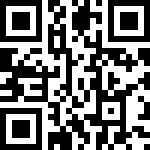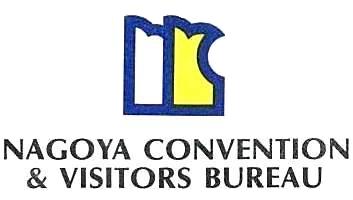ISEK XXV
Nagoya, Japan
June 26 – 29, 2024
Access the ISEK Conference App
ISEK 2024 has the potential to deliver great advances in the understanding of human movement and meaningful clinical impact. The multidisciplinary nature of ISEK provides the perfect environment to bring together these different perspectives united under the common goal of increasing understanding of human movement. The 2024 Congress will adhere to the traditional format and will feature keynote lectures from distinguished international guests in addition to symposia and individual presentations submitted by the membership and community. The Congress will feature workshops, symposia, individual oral presentations grouped by themes as well as poster sessions, time with exhibitors, networking opportunities, and more.
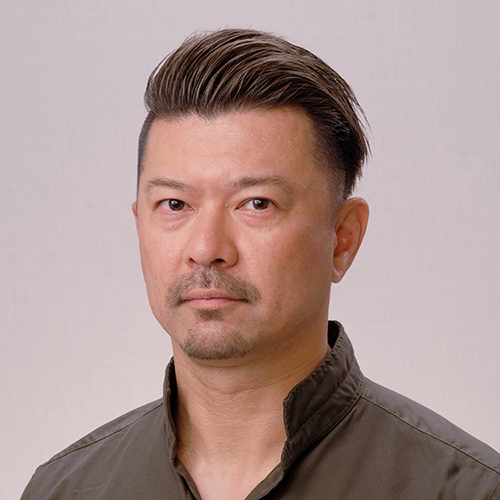
Congress Chair
Kohei Watanabe, Chukyo University
Local Organizing Committee
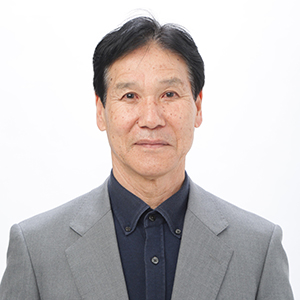
Toshio Moritani
Chukyo University
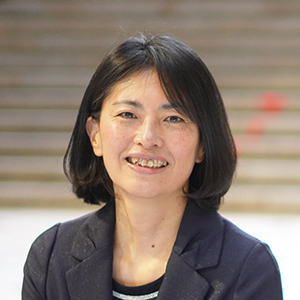
Megumi Ohta
Chukyo University
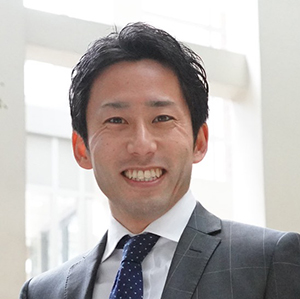
Akito Yoshiko
Chukyo University
Scientific Committee
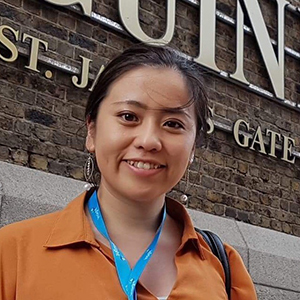
Benio Kibushi
Kobe University
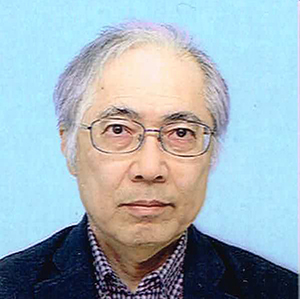
Toru Kiryu
Niigata University
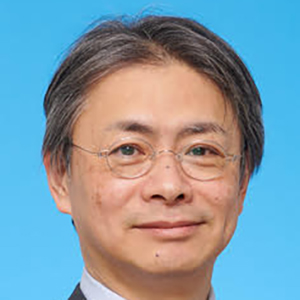
Yasuharu Koike
Tokyo Institute of Technology
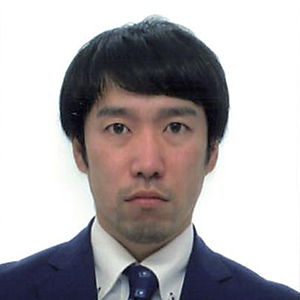
Shun Kunugi
Aichi Institute of Technology
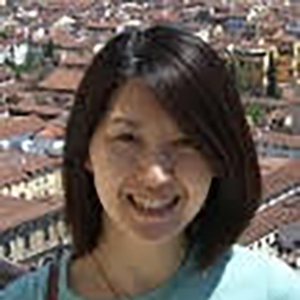
Yukiko Mita
Sugiyama Jogakuen University
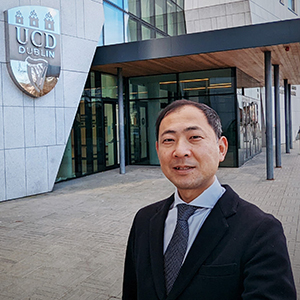
Toshiaki Miyamoto
Kansai Medical University
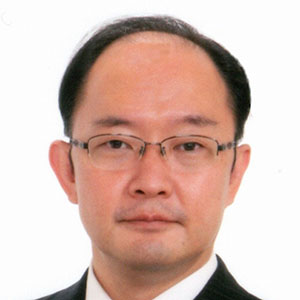
Hideo Nakamura
Osaka Electro-Communication University
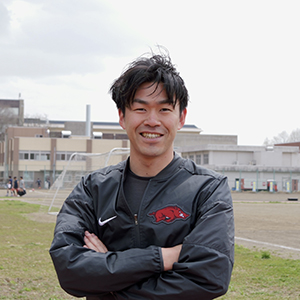
Masamichi Okudaira
Iwate University
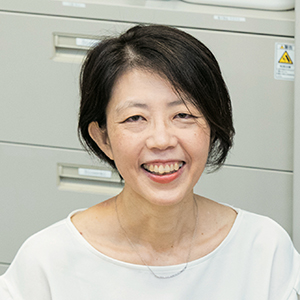
Rieko Osu
Waseda University
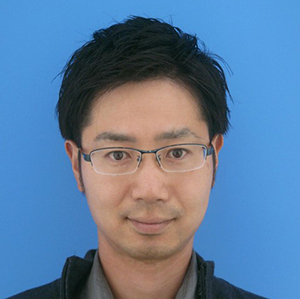
Ryosuke Takeda
Chukyo University
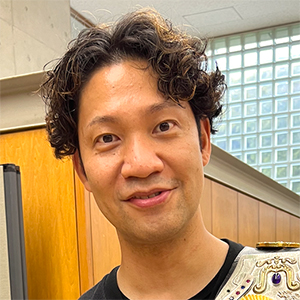
Junichi Ushiyama
Keio University
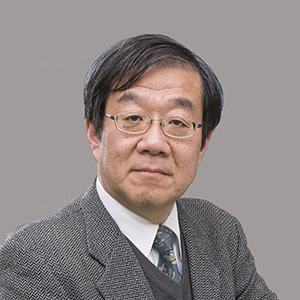
Masaki Yoshida
Osaka Electro-Communication University
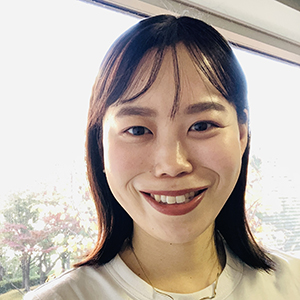
Akane Yoshimura
Waseda University
Local Early Career Researcher Committee
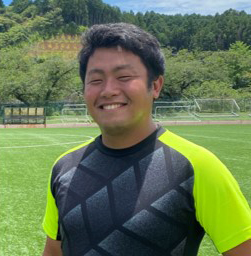
Taichi Nishikawa
Chukyo University (Chair)
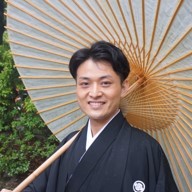
Tetsuya Hirono
Chukyo University / Kyoto University
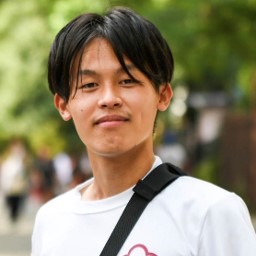
Kaito Igawa
Chukyo University
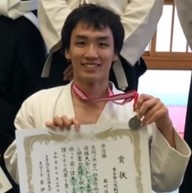
Keiichi Ishikawa
The University of Tokyo
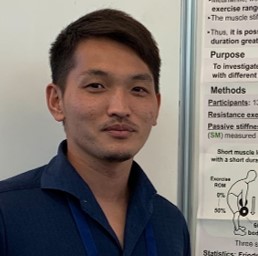
Raki Kawama
Doshisha University
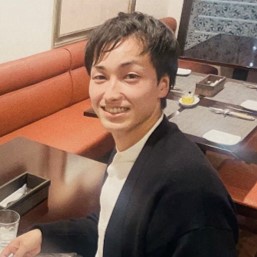
Jun Koizumi
Chukyo University
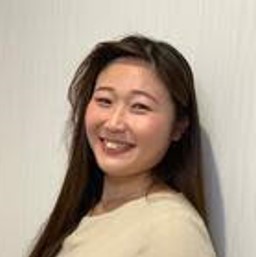
Hiromi Saitoh
Waseda University
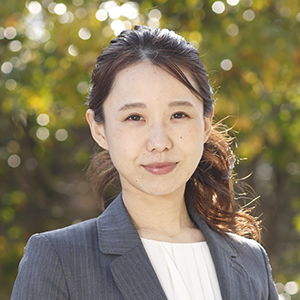
Momoko Yamagata
Kansai Medical University
2024 Congress Video Welcome
Code of Conduct
The ISEK Code of Conduct reflects our Society’s values and our expectations for Society members and guests. This Code of Conduct is in effect while at any virtual and face to face scientific or social event linked to ISEK.
- Conduct is expected to be free of biases regarding race, cultural background, religion (or lack thereof), country of origin, age, sex, sexual orientation, gender identity, disability, physical appearance, or other individual characteristics or expression.
- No harassment will be tolerated. Attendees (and guests) at our gatherings are expected to not use epithets/slurs, and not act in a threatening, intimidating, or hostile manner, that would be generally considered offensive to other members of the Society.
- Strongly encourages scientific debate, discussions are expected to be respectful, civil, professional, and constructive reflecting tolerance for disagreements and recognition of opportunities to learn from each other.
- ISEK condemns inappropriate or suggestive acts or comments that demean another person or that are unwelcome or offensive to other members of the community or their guests.
- ISEK has zero tolerance for sexual harassment including any verbal or physical behavior that reflects unwelcome sexual advances or behaving in any way that another individual feels impinges on their boundaries.
Possible actions include warning the offender/accused, expulsion from the conference with no refund, and/or banning the offender/accused from future ISEK events and activities.
If you are being harassed or impacted negatively at an ISEK event, please either contact the ISEK council, email our president or congress ISEK Secretariat, or during a Face-2-Face event, please visit the registration desk and ask to speak with the president or Secretariat to discuss your concern.
The ISEK Congress [Deluca Symposium, or anything supported by the grant] was supported in part by the National Center for Medical Rehabilitation Research within the National Institutes of Health under award number HD115388.
The content is solely the responsibility of ISEK and does not necessarily represent the official views of the National Institutes of Health.

